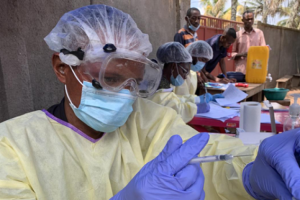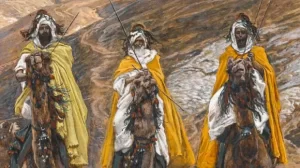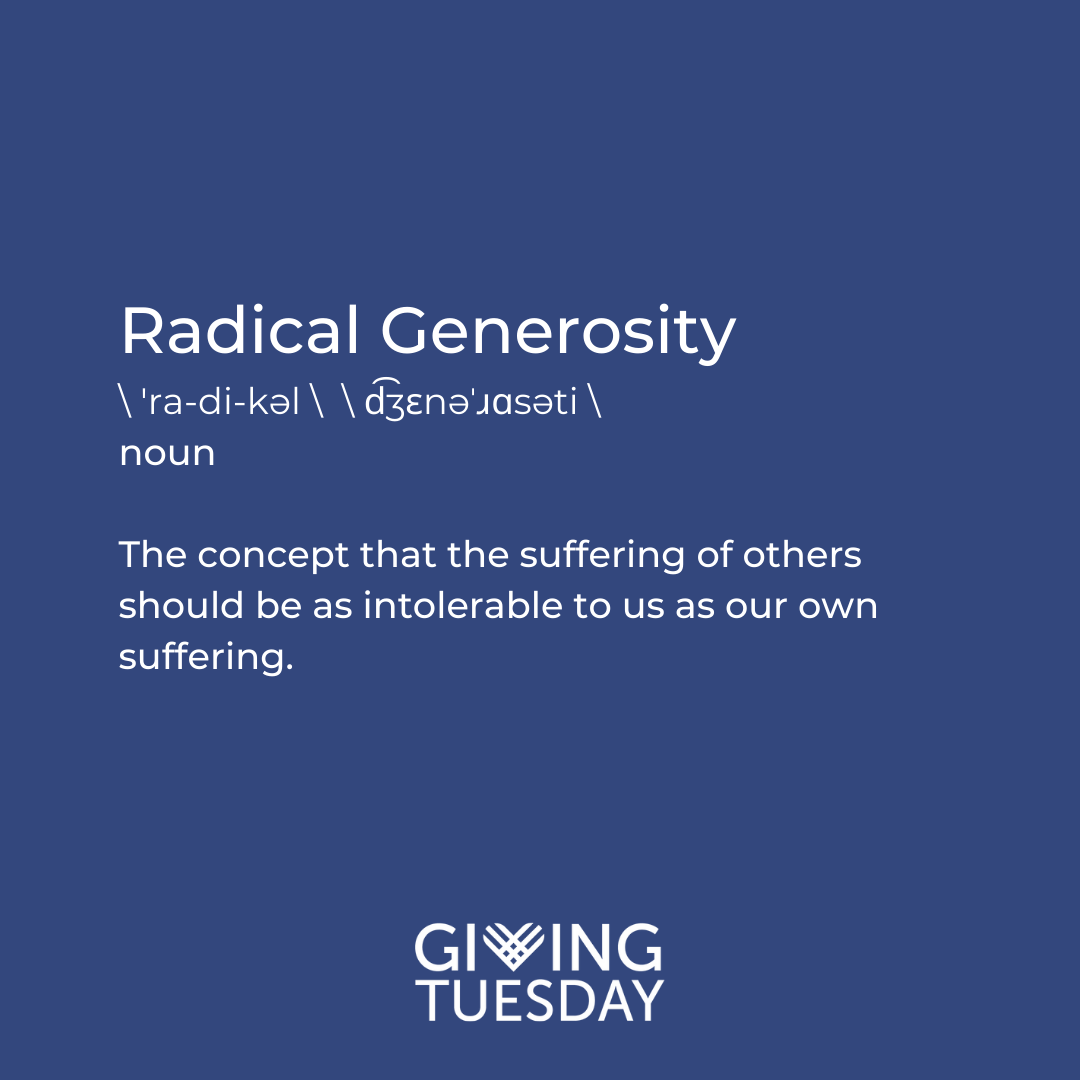 Today’s celebration is familiar to us, Christians.
Today’s celebration is familiar to us, Christians.
When the expression ‘Holy Family’ is pronounced, a picture comes immediately to our minds –that of Jesus, Mary, and Joseph.
But when the single word ‘family’ is spoken, it evokes pictures of all kinds. Nowadays, this singular word is often used with other words bringing to mind different meanings…
What used to be known as the ‘nuclear’ family has gone through changes…
We hear of ‘broken families’, of ‘blended families’, of ‘single parent families’…
The question arises: ‘What really makes up a family?’
Different people will give you answers that vary.
 Perhaps, one definition that could be acceptable to all is this one:
Perhaps, one definition that could be acceptable to all is this one:
‘A family is made up of people who are together for one another’.
Another question follows: ‘What really makes up a HOLY FAMILY?’
Before giving an answer, many will pause and wonder…
Wonder and ask themselves if every family can be a HOLY FAMILY…
It is good to remind ourselves that holiness is not something of our own making.
Holiness is not something that we achieve by ourselves.
Holiness is God making us ever more like himself.
We have learnt that, at creation, God made us in his own image and likeness (Genesis 1:27).
But through the years, we may have spoiled his image, damaged our likeness to him.
God never gives up on us, he continues his work bringing us to holiness from day to day.
He is ready to do this in our families, of whatever definition, if we only welcome him ‘home’…
Note: Another text is available on a different theme, in French, at: https://image-i-nations.com/fete-de-la-sainte-famille-annee-b-2023-2024/
Source: Images: www.Pinterest.com/pin unsplash.com (Alberto Casseta, Tyler Nix)

 As exemplified by the ongoing
As exemplified by the ongoing  For many of us, our childhood memories of Christmas bring back the images of a crib.
For many of us, our childhood memories of Christmas bring back the images of a crib.

 Going on an excursion in unknown territory, people used to take with them a compass.
Going on an excursion in unknown territory, people used to take with them a compass. to reach their destination.
to reach their destination. “Hold on to what is good, reject every kind of evil”.
“Hold on to what is good, reject every kind of evil”. This expression came to my mind as I read the 2nd reading of today’s celebration (2 Peter 3:8-14).
This expression came to my mind as I read the 2nd reading of today’s celebration (2 Peter 3:8-14).
 But today’s 2nd reading gives us a different message, an astonishing message.
But today’s 2nd reading gives us a different message, an astonishing message.
 Giving Tuesday is a Movement that Unleashes the Power of Radical Generosity Around the World.
Giving Tuesday is a Movement that Unleashes the Power of Radical Generosity Around the World.
 World Olive Tree Day was proclaimed at the 40th session of the UNESCO General Conference in 2019 and takes place on 26 November every year.
World Olive Tree Day was proclaimed at the 40th session of the UNESCO General Conference in 2019 and takes place on 26 November every year.